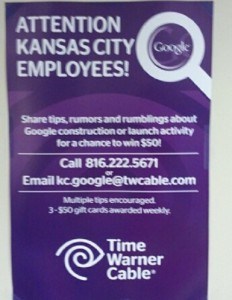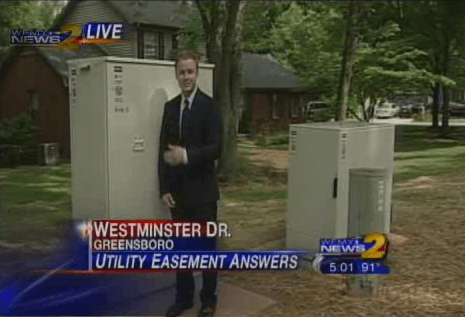AT&T this morning announced its own widely-anticipated pricing shift for its wireless phone customers, largely mimicking Verizon’s “Share Everything” plan and pricing, with minor differences.
AT&T’s Mobile Share plan, available in late August, emphasizes the fact families can now share a single data plan, but will also require customers to pay for unlimited voice and texting services. But unlike Verizon, current AT&T customers grandfathered on other plans can continue to keep their current plan, even after their next subsidized phone upgrade. AT&T also says it is not discontinuing existing individual and family plans.
While Verizon’s plan emphasizes the cost to add various devices on its “Share Everything” plan, AT&T asks customers to select a plan based on anticipated data usage. Customers can add up to 10 devices on an AT&T Mobile Share plan, one of which must be a traditional smartphone.
Like Verizon, AT&T is eliminating the extra-cost tethering option on its new plans. Tethering customers will now use their smartphone data plan allowance.
AT&T’s pricing is designed to appeal to bigger spenders.
“The larger the data bucket you choose, the less you pay per gigabyte and the less you pay for each smartphone added to the shared plan,” AT&T says in a news release.
Wall Street seems to approve.
“The ‘more you share, the more you save’ concept is one that will resonate well with customers because of the value provided through the Mobile Share data plans themselves and in smartphone connection fees,” said Roger Entner, Founder and Lead Analyst of Recon Analytics. “AT&T also is providing its customers with flexibility and choice by keeping its existing data plans and not requiring customers to move to Mobile Share unless they want to. It’s a win-win for both AT&T and its customers.”
But customers hoping to shop around will find little difference in pricing between Verizon Wireless and AT&T, who will charge nearly the same thing for each of their family share plans.
Verizon charges $40 for each smartphone, $30 for basic/feature phones, mobile broadband modems and wireless-equipped laptops cost $20, and each tablet adds an additional $10.
AT&T will charge a maximum of $45 for each smartphone, $30 for basic/feature phones, wireless modems and wireless-equipped laptops cost $20, and each tablet runs $10.
AT&T gives customers with a large appetite for data a break on the monthly equipment fee for smartphones. Choosing a basic 1GB data plan with AT&T means you will pay $40 for the data and $45 for each smartphone on the account. Upgrade to a 4GB shared usage allowance and AT&T lowers the monthly fee on smartphones to $35. If you select a data plan of 10GB or larger, the smartphone device fee drops to $30 a month for each phone.
The prices for data are similar between the two carriers on lower-end plans (AT&T’s overlimit fee will be $15/GB, the same Verizon charges now):
| VZW | ||||||||||||
| Data Plan | 1GB | 2GB | 4GB | 6GB | 8GB | 10GB | 12GB | 14GB | 16GB | 18GB | 20GB | |
| Price | $50 | $60 | $70 | $80 | $90 | $100 | $110 | $120 | $130 | $140 | $150 | |
| Smartphone fee | $40 | $40 | $40 | $40 | $40 | $40 | $40 | $40 | $40 | $40 | $40 |
| AT&T | |||||||
| Data Plan | 1GB | 4GB | 6GB | 10GB | 15GB | 20GB | |
| Price | $40 | $70 | $90 | $120 | $160 | $200 | |
| Smartphone fee | $45 | $40 | $35 | $30 | $30 | $30 |
Customers hanging onto long-grandfathered unlimited data plans tied with budget-priced voice minutes and texting allowances will probably want to take those plans to the grave, especially if they are using moderate amounts of data on each smartphone.
For those already caught in Verizon or AT&T’s usage pricing schemes, want unlimited voice and texting, and depend on the costly tethering add-on may find some savings, at least in the short term. But for average families with two smartphones and a basic phone for grandma, shopping around for a better deal with either Verizon or AT&T is pointless. With Verizon, those three phones with a 1GB data plan will run $160 a month — with AT&T, $160 a month. Upgrading to a 4GB usage allowance on both carriers also means an identical bill: $180 a month.
Cell phone customers of both carriers probably wish “competition” meant more than a race to see which would gouge customers with higher bills first. The other will surely follow, evidenced by today’s developments.


 Subscribe
Subscribe







